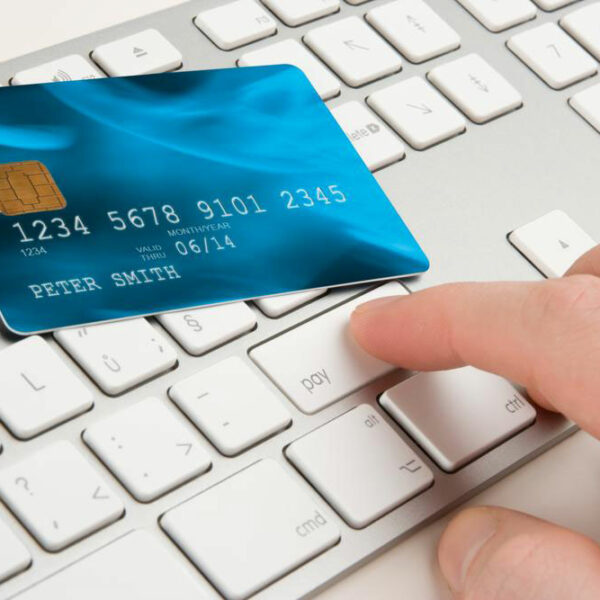
Here’s what you need to know when applying for a student credit card
Building a credit history is important for a number of things. These are things like getting good housing or getting a loan. But you can’t get a good credit card without having good history. But for good history, you need a credit card. So, where does this circle start and where does it end? Getting a Student Credit Card To get a credit card, you have to provide proof of employment and income. You should be at least 18 years of age to be eligible for a student credit card. First Steps If you don’t have an independent source of income as of yet, you can become an authorized user on another do not as yet have an independent source of income, you can become an authorized user on another adult’s credit card. This can be your parent’s or older sibling’s card. Make sure that your usage is being reported to credit bureaus. Also clear any and all dues on time. You can also get a Secured Card. Here, you make a security deposit with the issuer and this serves as your credit line. However, it’s reported as a normal credit card to credit bureaus. This lets you start building a credit history that you can use later on.









